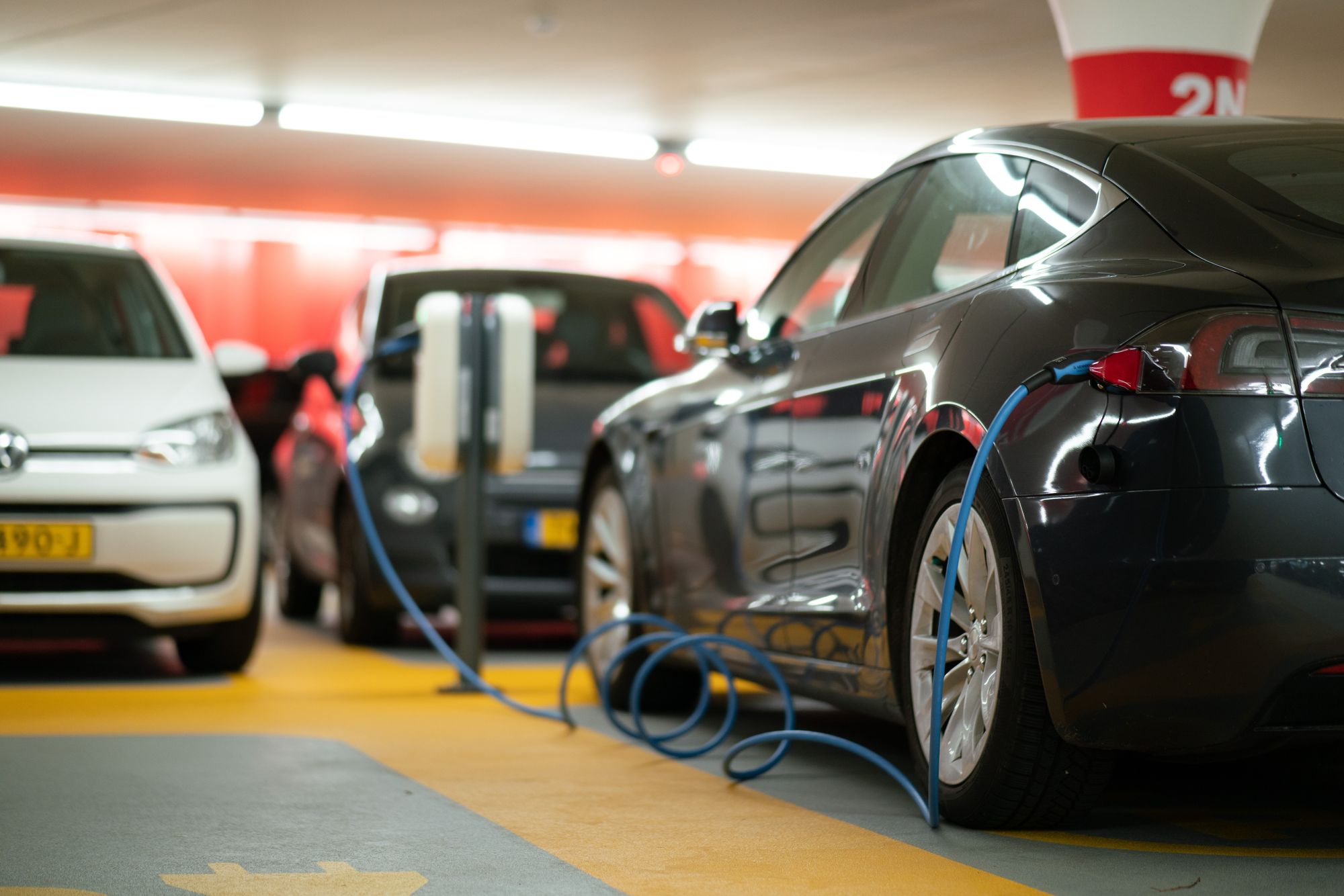Norway has become a global leader in the adoption of electric vehicles (EVs) and has taken a huge leap forward in the past decade. As per a new report released by the Norwegian Automobile Federation (NAF), the Scandinavian nation is planning to bid farewell to new diesel and petrol-powered cars by April 2022. The last ICE vehicle is set to leave the dealership next April, almost three years ahead of the Norwegian government’s 2025 petrol and diesel cars phase-out plans.
With 400,000 electric and plug-in hybrid vehicles registration in March, Norway reached a critical milestone in its rapid EV transition. The Norwegian Road Federation revealed that in September, 60% of the new vehicles sold in Norway were all-electric, with hybrids included, the number was 89%. For Norway, although tax incentives and policies have initiated the change in demand for electric cars, it is the car manufacturers that are currently driving the demand for electrification, according to the NAF. Major automobile manufacturers are exploring opportunities and heavily investing in different types of vehicles including all-electric and plug-in hybrids to strengthen their position in the Norwegian EV market. Tesla started deliveries of the Model Y in Europe last month, and became the best-selling vehicle in Norway with 19.8%, followed by the company's Model 3 with 12.3%. In terms of infrastructure as well, Norway is one of the leading countries with thousands of charging points. While the Netherlands has the most public charging points, Norway comes in fifth place with 10,000, giving it one of the highest charge points per capita in Europe.
With an ambitious policy to incentivise electric vehicle adoption and substantial investments from automakers, Norway’s e-mobility plan is contributing to the global efforts in reducing dependency on fossil fuels by promoting EVs and developing charging infrastructure across the country


